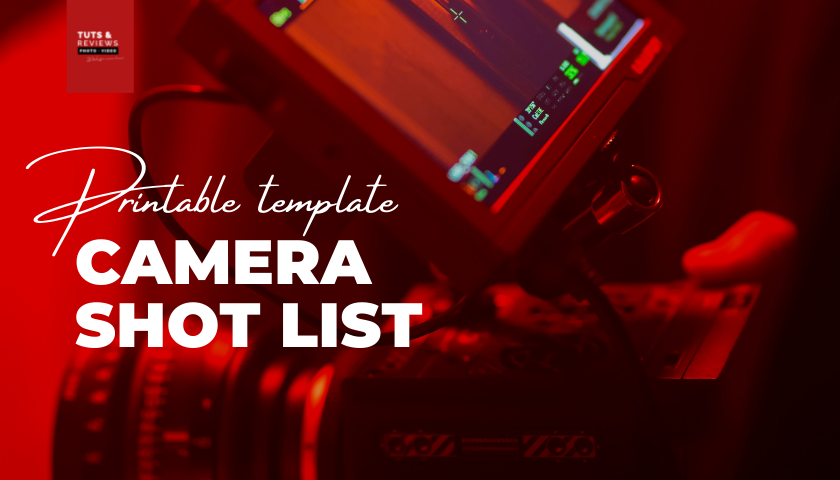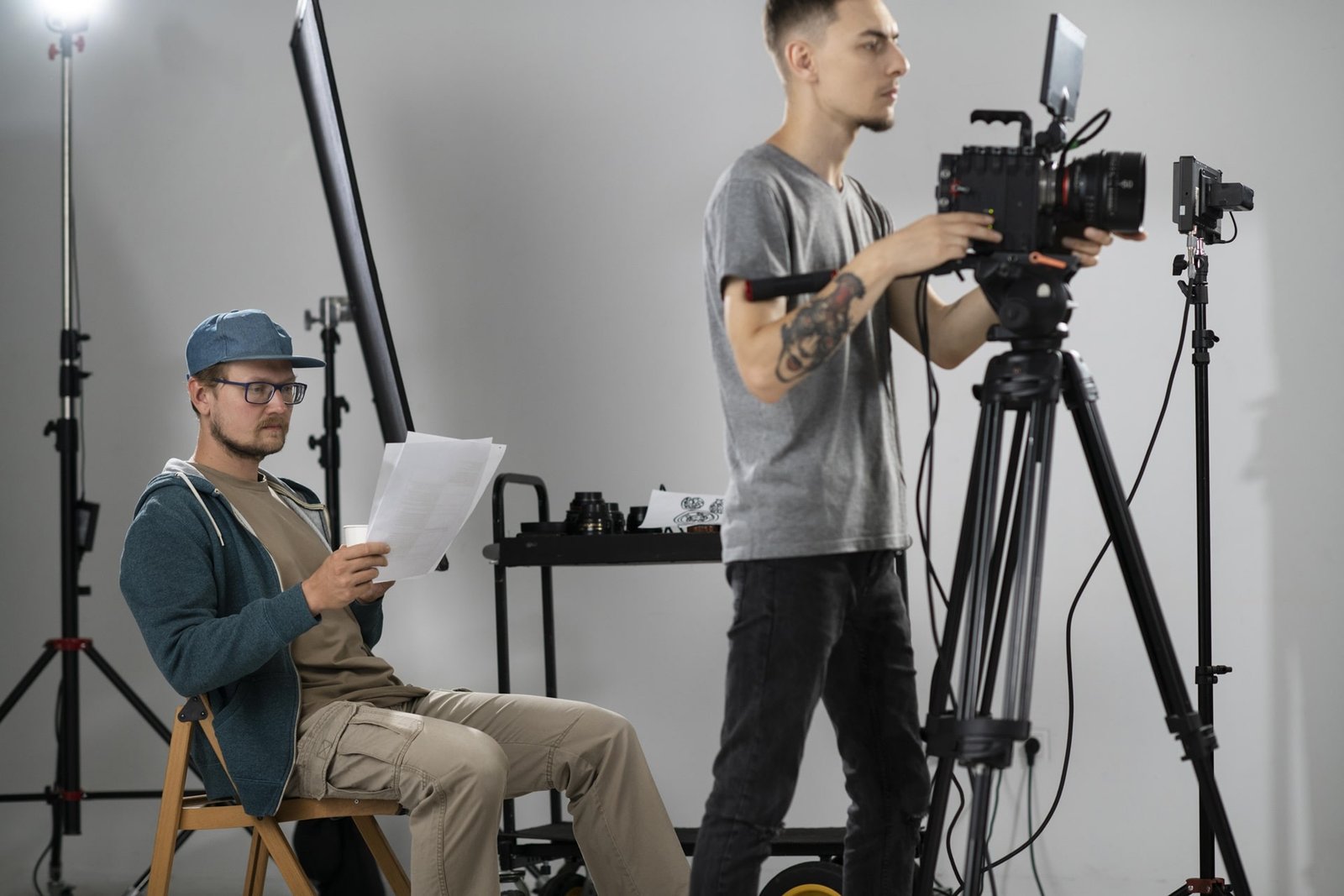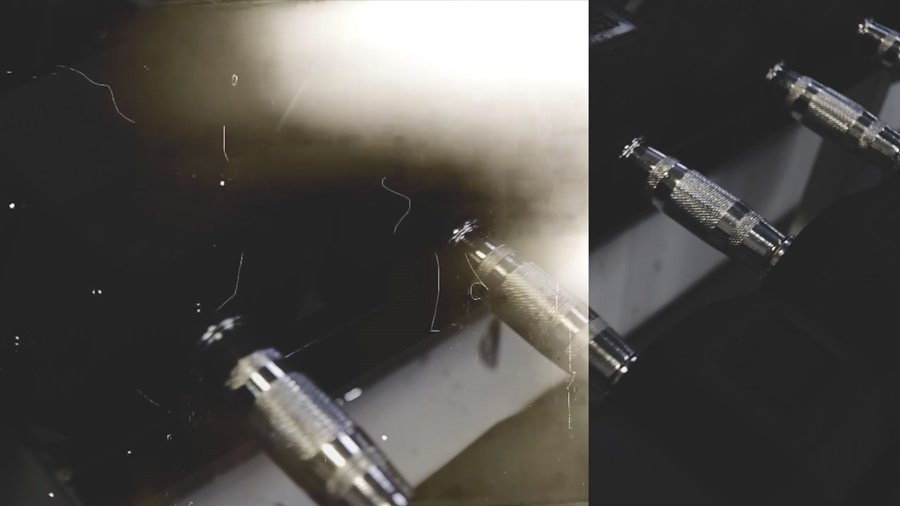As a filmmaker, the choice of camera is one of the most crucial decisions you’ll make. The market is flooded with options, each boasting unique features that cater to specific needs and styles. In this guide, we’ll help you navigate the complexities of choosing the right camera for your filmmaking journey.
Sensor Size and Its Impact on Image Quality:
The sensor size of a camera plays a pivotal role in determining the quality of your footage. Larger sensors generally capture more light, resulting in better image quality, especially in low-light conditions. Understanding the impact of sensor size on your final output is essential for making an informed decision.
For example, in a low-light setting where capturing details is critical, a camera with a larger sensor can make a significant difference. It allows for better sensitivity to light, resulting in clearer and more detailed footage.
Resolution and Frame Rates:
Resolution is a key factor in determining the clarity and detail of your footage. Higher resolution provides more pixels, which can be advantageous, especially for projects that require detailed visuals. Additionally, consider the camera’s capability in terms of frame rates.
In scenarios where capturing smooth motion is crucial, such as sports or action sequences, a camera with higher frame rates can provide the flexibility to create impactful and visually engaging content.
Low-Light Performance:
Filmmaking often involves shooting in various lighting conditions. Assessing a camera’s performance in low-light situations is crucial for achieving high-quality footage. Look for cameras with larger sensors and good ISO performance, as these contribute to better results in challenging lighting environments.
Imagine shooting a night scene where details are essential. A camera with excellent low-light performance ensures that your footage remains clear and detailed even in dimly lit settings.
Codec and Bitrate:
The codec and bitrate of a camera determine how much information it captures and how it compresses the data. Higher bitrates and efficient codecs contribute to better image quality during post-production. Understanding the technical aspects of these features ensures that your camera choice aligns with your editing requirements.
In a scenario where post-production flexibility is crucial, a camera with a robust codec and higher bitrate allows for more detailed color grading and manipulation.
Form Factor and Ergonomics:
Consider the form factor and ergonomics of the camera, especially if you anticipate shooting for extended periods. A comfortable and user-friendly design can enhance your overall filmmaking experience. Additionally, assess the camera’s portability, which is particularly important for projects that require mobility.
For example, if you’re shooting a documentary that involves a lot of on-the-go filming, a compact and lightweight camera with ergonomic design features can make a significant difference in your comfort and efficiency.
Lens Compatibility and Interchangeability:
The versatility of a camera system often depends on its lens compatibility. Assess the availability of lenses suitable for your filmmaking style and needs. Cameras with interchangeable lenses offer greater flexibility and creative control over your shots.
In scenarios where creative control over the visual style of your film is crucial, a camera with a variety of compatible lenses allows you to adapt to different shooting conditions and achieve the desired look.
In conclusion, choosing the right camera for your filmmaking endeavors involves a careful consideration of various factors. From sensor size to low-light performance, each aspect contributes to the overall capabilities of the camera. By understanding these factors, you can make an informed decision that aligns with your creative vision and technical requirements.
Navigate the complex landscape of filmmaking cameras with our comprehensive guide. Discover the key factors to consider when choosing the perfect camera for your filmmaking journey. Make an informed decision and capture your vision with clarity and precision.








